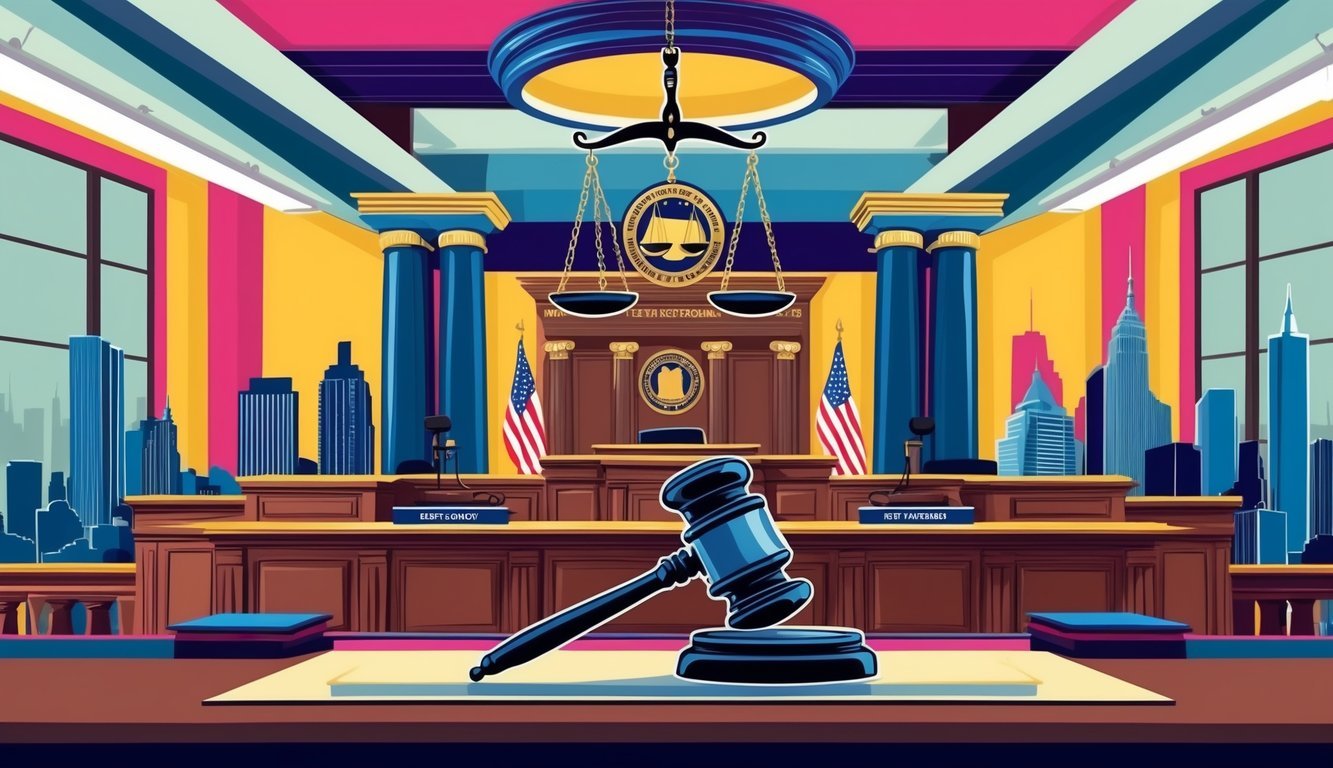
On Thursday, the US Court of Appeals for the Second Circuit revived a significant case regarding the intersection of free speech and a specific clause in New York’s Labor Law. This legal challenge centers on claims from CompassCare, a crisis pregnancy center, asserting that the law infringes upon its rights to free expression and religious beliefs.
Legal Proceedings and Precedents
The appellate court’s decision allows CompassCare to further pursue its argument, provided the lower court finds that this legal statute threatens the organization’s mission. Drawing from a precedent established earlier in 2023, the court suggested that the organization might have a solid case demonstrating that the law could violate constitutional protections.
The core issue lies in interpreting the freedom of expressive association. The court looked at past rulings from the US Supreme Court, which pointed out that the First Amendment entails a “freedom not to associate.” This principle protects organizations’ rights to exclude or dismiss members whose values clash with their own, even if these actions are perceived as discriminatory. Yet, whether an individual’s membership substantially hinders the organization’s expressive activities plays a crucial role in this determination, along with whether the law intrudes upon the group’s rights.
CompassCare’s Challenge to New York Labor Law
In 2019, CompassCare, in collaboration with the National Institute of Family and Life Advocates and First Bible Baptist Church, filed the lawsuit challenging New York Labor Law Section 203-e. This statute prohibits discrimination against employees based on their reproductive choices, making it illegal for employers to retaliate or discriminate against workers concerning their reproductive health decisions.
The plaintiffs argue that this law imposes on their First Amendment rights by forcing employers to associate with employees whose beliefs are markedly different. They express concern that the law’s mandate for employers to describe employees’ rights in official documents constitutes a form of compelled speech, which they claim violates the First Amendment.
Broader Implications for Anti-Discrimination Laws
The conversation surrounding reproductive health and First Amendment rights revived in 2018, when New York City implemented a similar law addressing workplace discrimination due to sexual and reproductive health decisions. A related case, brought by a crisis pregnancy center in 2020, reignited these discussions. In a pivotal 2023 ruling, the judge asserted that requiring compliance with the New York City law undermined the fundamental principles of the crisis center.
This recent court ruling opens the door for deeper examination of how anti-discrimination laws interact with free speech rights, highlighting a crucial legal battle that incorporates both social and constitutional dimensions.
Source: Jurist

